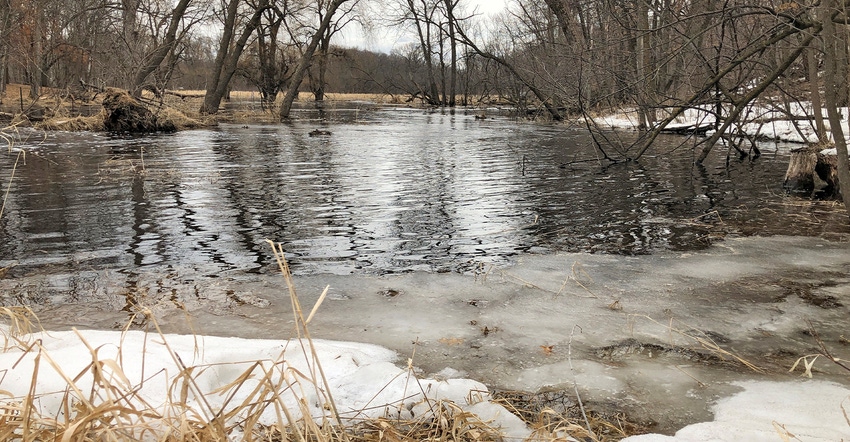April 20, 2020

USDA’s Natural Resources Service is investing in 48 conservation projects across 29 states through its Regional Conservation Partnership Program. NRCS will award $206 million for these 48 RCPP projects while leveraging nearly $300 million in partner contributions.
“I’m excited to announce the first RCPP awards under the 2018 Farm Bill,” said NRCS Chief Matthew Lohr. “Through collaboration and aligning our resources toward a common goal, we’re making an impact for natural resource conservation that could never have been realized on our own.”
RCPP uses a partner-driven approach to fund innovative solutions to natural resource challenges. Through RCPP, NRCS and partners work together with private landowners and producers to implement a variety of conservation activities, including land management practices and systems, short-term land rentals, conservation easements and watershed structures. The mix of conservation activities carried out under each project is dependent on a project’s goals, objectives and conservation benefits.
Conservation districts are listed as the lead partner in nine of the projects: Polk Soil and Water Conservation District, Ore.; Clark Conservation District, Wash.; Gilliam SWCD, Ore.; San Rafael Conservation District, Utah; New Mexico Association of Conservation Districts, N.M.; San Juan SWCD, N.M.; Minnehaha Conservation District, S.D.; Barry Conservation District, Mich.; and Berks County Conservation District, Pa.
Projects selected for this round of funding include:
The Massachusetts Division of Ecological Restoration and a diverse group of 17 partnering organizations propose to protect and restore historic wetlands on retiring cranberry farmland in Massachusetts. The partnership plans 20 projects to restore 900 acres of high-value wetlands and 1,800 acres of protected open space using an innovative process-based restoration approach developed specifically for cranberry bogs coming out of production. This creates habitat for wildlife while also storing water and improving water quality.
The San Joaquin Valley Land and Water Conservation Collaborative in California seeks to catalyze cooperation in the valley to address water resource issues by using cutting-edge planning tools that ensure the most efficient use of resources and result in the strategic protection and stewardship of agricultural land.
Polk SWCD in Oregon plans to enhance and restore oak habitat on private lands, create habitat corridors to facilitate wildlife travel, and work with the Confederated Tribes of the Grand Ronde to acquire conserved tribal ancestral lands through the Willamette Wildlife Mitigation Fund.
In Pennsylvania, Berks County CD’s RCPP project will work to improve water quality within the Chesapeake Bay watershed by implementing comprehensive nutrient management plans and establishing conservation practices near streams such as riparian buffers, filter strips and animal exclusion fencing.
View a full list of projects here.
“NACD is proud of all the conservation districts not only named as lead partners for RCPP this year, but also those that continue to work in partnership with their local collaborators to implement conservation through existing RCPP projects,” said National Association of Conservation Districts President Tim Palmer. “Together, we’re all working to advance conservation practices across America’s landscapes.”
Though RCPP was first authorized in the 2014 Farm Bill, the 2018 Farm Bill made changes to the program and simplified its rules. RCPP is now a stand-alone program with $300 million annually available for partner-driven projects.
Since 2015, RCPP has combined $1 billion in NRCS investments with close to $2 billion in partner dollars to implement conservation practices nationwide. There are currently 341 active RCPP projects and close to 2,000 RCPP partners.
About the Author(s)
You May Also Like




